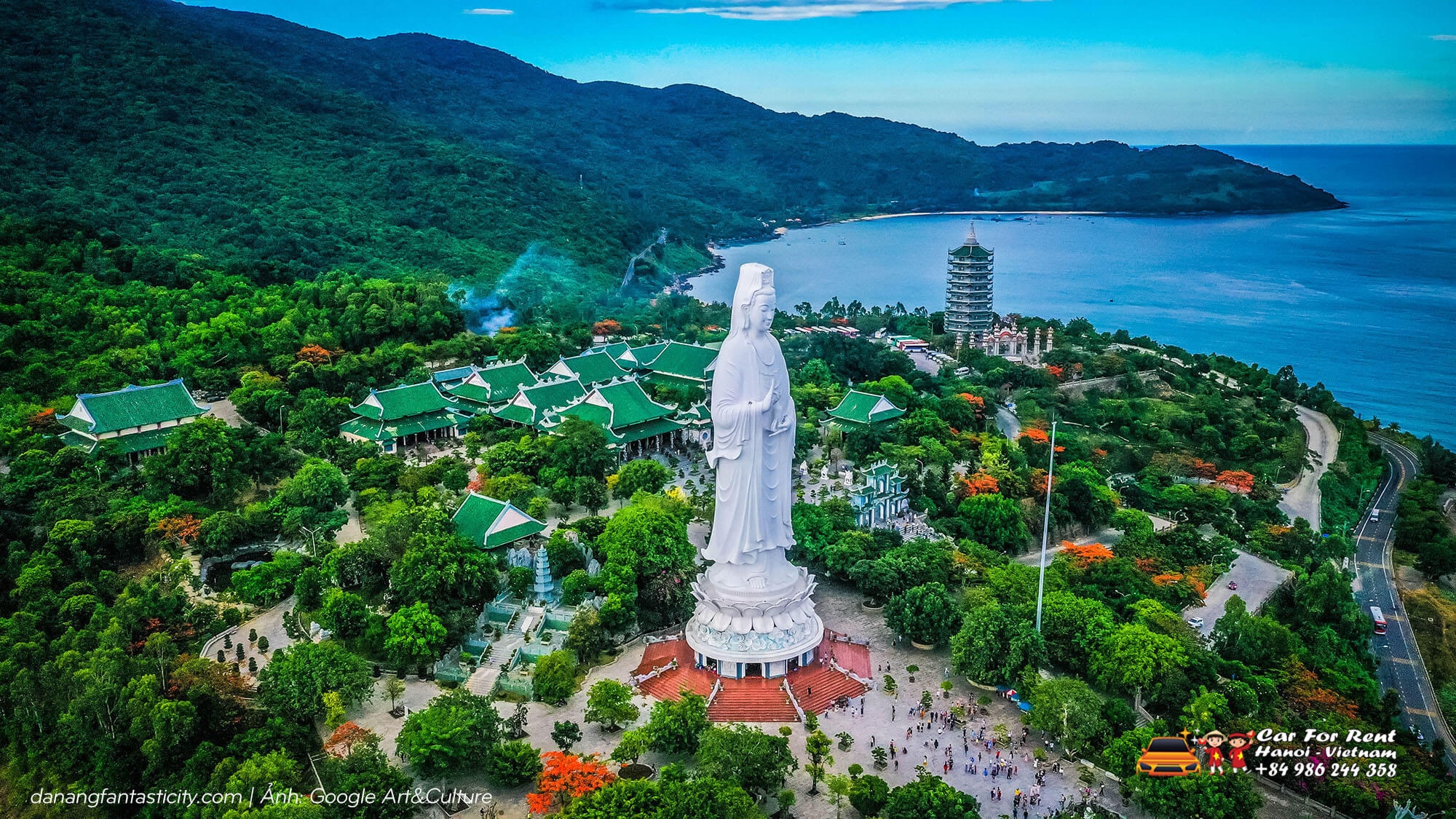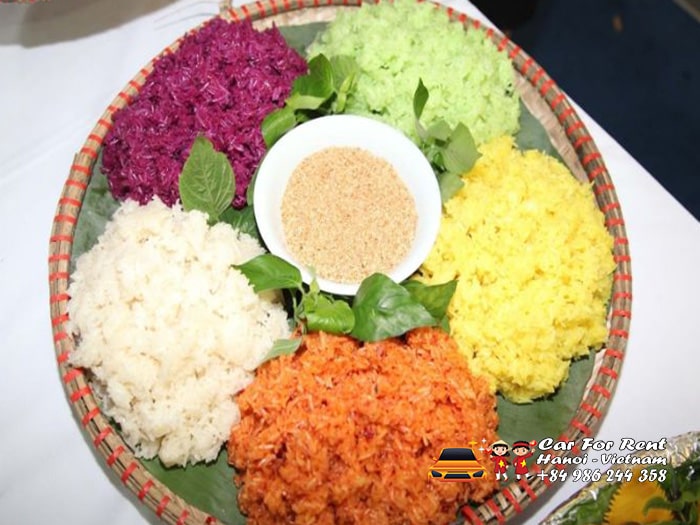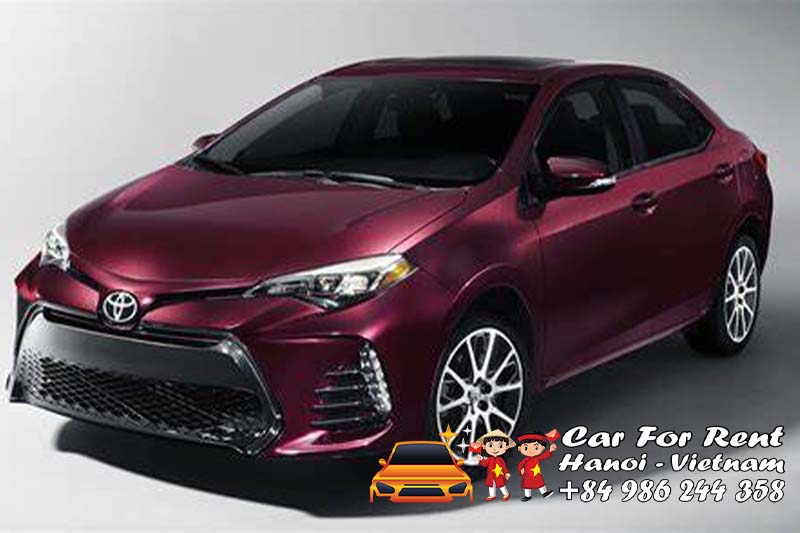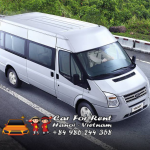vietnam travel rules Vietnam is a wonderful destination for travelers who want to experience the beauty, culture, history and cuisine of this Southeast Asian country. However, before you pack your bags and book your flight, you need to know some of the Vietnam travel rules that apply to foreign visitors. These rules are designed to ensure your safety, security and enjoyment during your stay in Vietnam.
In this blog post, we will explain some of the Vietnam travel rules that you need to know before you go. We will cover the following topics:
- The visa and entry requirements for Vietnam
- The health and vaccination requirements for Vietnam
- The customs and immigration regulations for Vietnam
- The currency and exchange rates for Vietnam
- The etiquette and cultural norms for Vietnam
The Visa and Entry Requirements for Vietnam vietnam travel rules
One of the most important Vietnam travel rules is the visa and entry requirements. Depending on your nationality, purpose and duration of your visit, you may need a visa to enter Vietnam. There are different types of visas available, such as tourist visa, business visa, e-visa, visa on arrival or visa exemption.

You can check the visa requirements and procedures for your country on the website of the Vietnam Immigration Department at https://xuatnhapcanh.gov.vn/ or contact the nearest Vietnamese embassy or consulate in your country. You can also apply for an e-visa or a visa on arrival online through authorized agencies or websites.
You should apply for your visa well in advance of your trip and make sure you have a valid passport with at least six months of validity and two blank pages. You should also prepare other documents that may be required, such as photos, invitation letters, flight tickets, hotel reservations, etc. vietnam travel rules
You should also be aware of the entry and exit fees that you may need to pay at the airport or border crossing. These fees vary depending on the type of visa and the port of entry. You should also keep your visa and passport with you at all times during your stay in Vietnam.
The Health and Vaccination Requirements for Vietnam
Another important Vietnam travel rule is the health and vaccination requirements. Although there are no mandatory vaccinations for Vietnam, it is recommended that you consult your doctor or a travel health clinic before your trip and get vaccinated against some of the common diseases in Vietnam, such as hepatitis A, typhoid, tetanus, diphtheria, rabies, Japanese encephalitis, etc. vietnam travel rules
You should also bring your own medications and prescriptions for any medical conditions that you may have. You should also carry a copy of your medical records and insurance policy in case of an emergency. You should also be careful about the food and water quality in Vietnam and avoid eating raw or undercooked food, drinking tap water or ice, or using unhygienic utensils. vietnam travel rules

You should also be aware of the risk of malaria, dengue fever, Zika virus and other mosquito-borne diseases in Vietnam and take preventive measures, such as wearing long-sleeved clothing, using insect repellent, sleeping under a mosquito net, etc. You should also avoid contact with animals, especially dogs and monkeys, as they may carry rabies or other infections. vietnam travel rules
You should also be prepared for the weather and climate in Vietnam and protect yourself from the sun, heat, humidity and rain. You should wear sunscreen, sunglasses, hat, umbrella and appropriate clothing. You should also drink plenty of water and avoid alcohol and caffeine. vietnam travel rules
The Customs and Immigration Regulations for Vietnam
Another important Vietnam travel rule is the customs and immigration regulations. You should be aware of the rules and restrictions on what you can bring into and out of Vietnam. You should also declare any items that are subject to duty or tax or that are prohibited or restricted by the Vietnamese authorities. vietnam travel rules
Some of the items that are subject to duty or tax include:
- Tobacco products: 200 cigarettes or 100 cigars or 500 grams of tobacco
- Alcoholic beverages: 1.5 liters of liquor over 22% alcohol or 2 liters of liquor under 22% alcohol or 3 liters of beer
- Perfume: no more than 5 bottles
- Jewelry: no more than 300 grams of gold or 5 carats of gemstones
- Cash: no more than 5,000 US dollars or equivalent

Some of the items that are prohibited or restricted include:
- Weapons, explosives, ammunition, fireworks, etc.
- Drugs, narcotics, psychotropic substances, etc.
- Pornographic materials, gambling devices, etc.
- Endangered animals, plants or products thereof, etc.
- Cultural relics, antiques, artworks, etc.
You should also respect the customs and traditions of the Vietnamese people and avoid bringing or displaying any items that may be considered offensive or disrespectful, such as:
- Political or religious materials, symbols, flags, etc.
- Books, magazines, movies, music, etc. that may contain sensitive or controversial content
- Clothing or accessories that may be inappropriate or indecent
You should also be careful about buying or accepting any items that may be illegal or counterfeit, such as:
- Fake or pirated goods, such as DVDs, CDs, software, etc.
- Ivory, rhino horn, tiger bone, bear bile, etc.
- Souvenirs or gifts that may be made of endangered species or cultural heritage
You should also keep the receipts and certificates of origin for any items that you buy or receive in Vietnam and show them to the customs officers if requested. You should also pack your own luggage and do not carry any items for other people. vietnam travel rules

The Currency and Exchange Rates for Vietnam
Another important Vietnam travel rule is the currency and exchange rates. The official currency of Vietnam is the Vietnamese dong (VND), which is divided into 10 hao and 100 xu. However, the hao and xu are rarely used in practice. The banknotes come in denominations of 500, 1,000, 2,000, 5,000, 10,000, 20,000, 50,000, 100,000, 200,000 and 500,000 VND. The coins come in denominations of 200, 500, 1,000, 2,000 and 5,000 VND. vietnam travel rules
The exchange rate of the VND fluctuates according to the market conditions and the government policies. As of May 2023, the average exchange rate is about:
- 1 USD = 23,000 VND
- 1 EUR = 28,000 VND
- 1 GBP = 32,000 VND
- 1 AUD = 18,000 VND
- 1 CNY = 3,600 VND
You can exchange your foreign currency into VND at the airport, banks, hotels or authorized money changers. You can also use your credit or debit cards at some ATMs or POS terminals. However, you should be aware of the fees and charges that may apply. You should also check the exchange rate and the amount before you make any transactions. vietnam travel rules
You should also keep some cash with you at all times as not all places accept cards or other forms of payment. You should also keep some small notes and coins for tips, donations, fares, etc. You should also be careful about the counterfeit or damaged notes and coins and avoid accepting or using them. vietnam travel rules

Contact us:
Car For Rent Hanoi VietNam
https://zalo.me/0986244358
The Etiquette and Cultural Norms for Vietnam
Another important Vietnam travel rule is the etiquette and cultural norms. You should be respectful and courteous to the Vietnamese people and their culture and customs. You should also follow some of the basic etiquette and cultural norms, such as:
- Greeting: You should greet people with a smile and a nod or a handshake. You should also use the appropriate titles and pronouns, such as Mr., Mrs., Miss, Sir, Madam, etc. You should also address people by their first name or their full name, not their surname. vietnam travel rules
- Communication: You should speak politely and softly and avoid using slang, swear words or jokes that may be misunderstood or offensive. You should also avoid topics that may be sensitive or controversial, such as politics, religion, war, etc. You should also listen attentively and show interest and appreciation when someone is speaking to you. vietnam travel rules
- Dressing: You should dress modestly and appropriately for the occasion and the place. You should avoid wearing revealing, tight or flashy clothing or accessories. You should also cover your shoulders, knees and chest when visiting religious or cultural sites. You should also remove your shoes when entering a house or a temple. vietnam travel rules
- Eating: You should eat with chopsticks or a spoon and fork and use a napkin or a tissue to wipe your mouth. You should also wait for the host to invite you to start eating and follow their lead. You should also try some of the local dishes and drinks and compliment the cook or the host. You should also avoid wasting food or leaving food on your plate. vietnam travel rules
- Giving: You should give gifts or tips to show your gratitude or appreciation to someone who has helped you or hosted you. You should also wrap your gifts in colorful paper or cloth and present them with both hands. You should also accept gifts with both hands and open them later. You should also avoid giving gifts that may be considered unlucky or inappropriate, such as knives, scissors, clocks, handkerchiefs, etc. vietnam travel rules
- Behaving: You should behave respectfully and responsibly in public and private places. You should avoid smoking, drinking, spitting, littering, swearing, shouting, fighting, etc. You should also avoid public displays of affection, such as kissing, hugging, holding hands, etc. vietnam travel rules












